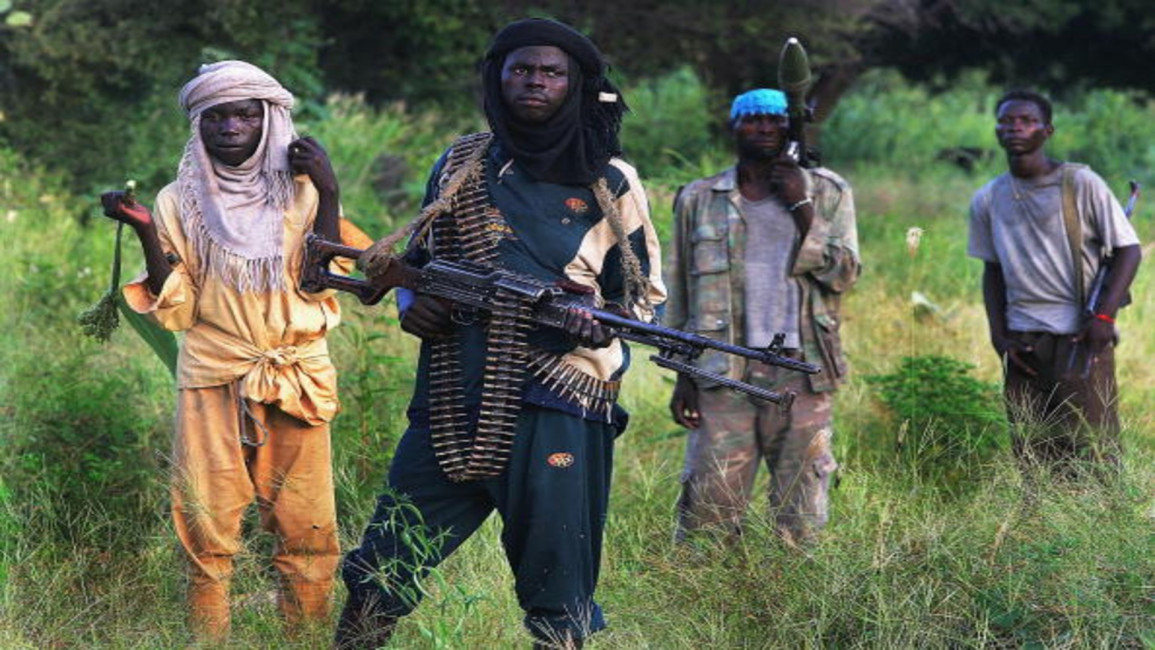Post-Bashir Sudan to launch historic review of its federal system
The head of Sudan’s sovereignty council on Thursday issued a constitutional decree setting up a new federal system and convening a conference to divide the country into new regional administrations.
The decision taken by Abdel Fattah al-Burhan is in line with the Juba Peace Agreement, signed in October last year by Sudan’s transitional government and several rebel groups which aimed to resolve years of war that had killed hundreds of thousands of people and displaced millions.
The agreement stipulates that Sudan should be divided into several regions instead of the current eighteen states. Relations between the central government and local authorities have been a persistent problem in Sudan.
The new federal system will go into effect after the conference determines the number and borders of the regions, in addition to their structures and powers and the levels of governance and administration.
It is expected that the conference will divide the country into six regions - Khartoum, Darfur, Kordofan, Eastern Sudan, Northern Sudan, and the Central Region.
Read also: Egypt, Sudan sign military cooperation agreement amid continued tensions with Ethiopia over Nile
Sudan has been torn by multiple conflicts between the central government and rebels from various ethnic groups in its far-flung regions.
Farmers and herders have competed for scarce resources along ethnic lines, particularly in Darfur, where former President Bashir's government supported Arab "Janjaweed" militias against members of the Fur and Zaghawa ethnic groups.
Tensions have been heightened by economic hardship, especially after the 2011 secession of South Sudan which deprived Sudan of three-quarters of its oil reserves.
Follow us on Facebook, Twitter and Instagram to stay connected



![Squad incumbent Summer Lee has won her district's Democratic primary. [Brooke Anderson/The New Arab]](/sites/default/files/styles/image_330x185/public/2024-04/413898031_1041031157158522_8195934720767720634_n%20%283%29.jpg?h=ff8c3fa3&itok=75Sx6fbL)